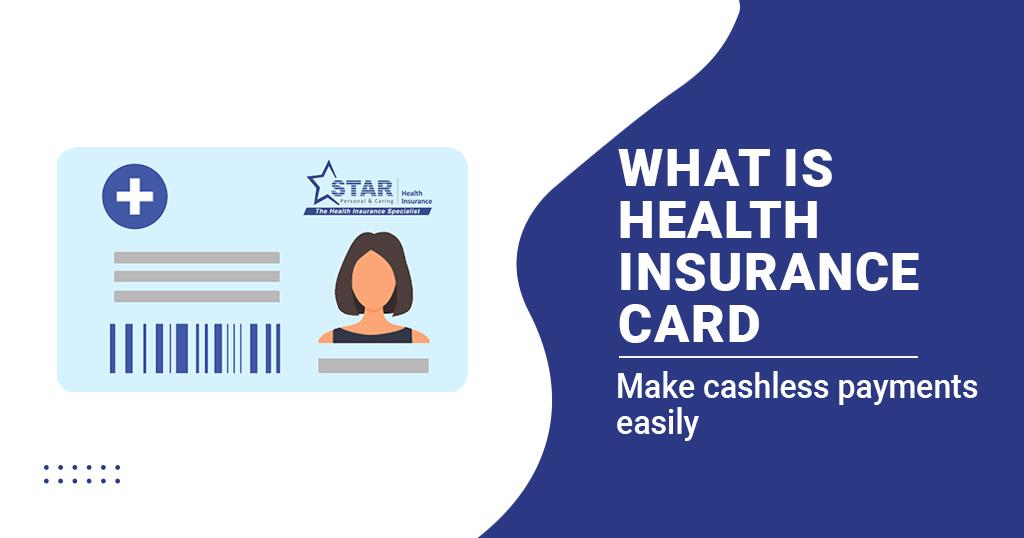People 65 and over, and those with qualifying disabilities, can choose between Original Medicare or Medicare Advantage for health insurance and both come with unique pros and cons.
Original Medicare has been around since 1965. It includes Part A for hospital care and Part B, which covers services such as physician and outpatient care. Medicare Advantage, meanwhile, combines Part A and Part B coverage, as well as may provide coverage for prescription drugs and other benefits.
Understanding the differences can save you money and reduce out-of-pocket costs. Let’s take a look at Medicare Advantage to see whether you’d be better off choosing a Medicare Advantage plan or going with Original Medicare.
What is Medicare Advantage?
Medicare Advantage plans are insurance provided as an alternative to Original Medicare. Original Medicare consists of:
- Part A (hospital insurance) covers inpatient hospital stays, some care in a skilled nursing facility, hospice care and some medically necessary home health care.
- Part B (medical insurance) covers doctors’ services, outpatient care, medical supplies and preventive services.
Medicare Advantage (Part C) must include the same minimum coverage as Parts A and B and usually includes prescription drugs and supplemental benefits that Original Medicare doesn’t cover.
Note: If you have Original Medicare, you can buy a separate Part D plan for prescription drug benefits.
Private insurance companies sell Medicare Advantage plans, which are approved and primarily funded by the Centers for Medicare and Medicaid Services (CMS).
What are the advantages of Medicare Advantage?
Medicare Advantage advantages include:
- Most Medicare Advantage beneficiaries can choose between more than 40 plans, according to the Kaiser Family Foundation, allowing them to find a plan that best suits their needs.
- Medicare Advantage plans may offer supplemental benefits not found in Original Medicare, such as dental, vision and additional home care.
- Medicare Advantage plans usually include prescription drug coverage.
- Private insurers offer Medicare Advantage, so it might allow for an easier transition to Medicare since the plans are similar to employer-sponsored health insurance.
Amy Lifferth, Medicare specialist for Altura Benefits in Salt Lake City, explains that Medicare Advantage offers three main plusses over Original Medicare.
“You get broader coverage, greater financial protection and streamlined convenience,” she says. “Original Medicare only covers services approved under Parts A and B. But Medicare Advantage plans match that coverage and [may] also cover prescription drug expenses, preventive dental care, routine vision care, fitness center memberships and hearing aid costs, among other things.”
Medicare Advantage plans have out-of-pocket limits that can vary by plan. Once you’ve spent that sum in a year, your insurance company will cover 100% of your remaining expenses for that year — subject to network requirements. There is no out-of-pocket maximum in Original Medicare. That means you could end up paying a lot more in a given year for health care than with Medicare Advantage.
“Also, because Medicare Advantage plans combine multiple coverage types into one plan — like Parts A, B and D as well as vision and dental care — you work with just one insurance company. Many people feel this one-stop approach is more convenient,” Lifferth says.
What are the disadvantages of Medicare Advantage?
Medicare Advantage has its drawbacks, too. Here are a few of them:
- Though most Americans have many Medicare Advantage options, some rural areas have limited Medicare Advantage plans.
- Medicare Advantage plans may have limited provider networks, so you may have trouble finding a doctor or facility that accepts the specific plan.
- Benefits in a Medicare Advantage plan can change annually.
- A Medicare Advantage plan, such as a health maintenance organization (HMO) plan, may require preauthorizations and referrals.
Each Medicare Advantage plan has its own provider network. Some plans require you to stay within the network while others charge you more for care if you go out of network.
“Medicare Advantage plans often come with a very restricted network of doctors,” says Lindsay Engle, Medicare expert with Medicare FAQ in Palm Harbor, Florida. “You can choose a health maintenance organization policy, which means you’ll pay 100% out of pocket when you see a provider outside that network. Or you can pick a Preferred Provider Organization (PPO) policy, in which you’ll [likely pay more] of the cost if you choose a provider outside that network.”
If you get sick and need a doctor while traveling far from home, you may not be covered by a Medicare Advantage plan. Meanwhile, Original Medicare allows you to visit any doctor or hospital that accepts Medicare, anywhere across the country.
Also, you may be required to get preauthorization for many services as well as referrals from your primary care physician to visit a specialist; these rules usually don’t apply under Original Medicare.
“Plus, Advantage plans can switch medical and prescription coverage every year. And your doctor can drop out of your plan’s network at any point in the year. If this happens, you won’t be able to switch plans until the next open enrollment window comes around,” adds Engle.
Are there alternatives to Medicare Advantage?
You could opt into Original Medicare and pair it with supplemental coverage instead of choosing Medicare Advantage.
For instance, you can go with Original Medicare and:
- A Medigap supplement plan that helps pay Original Medicare coverage gaps.
- A Part D plan that includes prescription drug coverage.
- Standalone plans for vision insurance and dental insurance.
“Each of these plans will charge an additional premium. But by using Original Medicare and a Medigap policy, you’ll still have access to the huge nationwide Medicare provider network,” says Lifferth. “Also, although a Medigap policy might have higher premiums, some policies cover nearly all of your out-of-pocket expenses and may save you more money every year versus going the Medicare Advantage route.”
Is Medicare Advantage a good deal?
Christopher Ciano, head of Medicare for Hartford, CT-based Aetna, a CVS Health company, says there are many aspects to consider before selecting a Medicare Advantage plan.
“Start by understanding your own health goals and needs. Know your plan’s out-of-pocket costs by reviewing the premium, deductibles, copays and/or coinsurance carefully,” says Ciano. “Additionally, check if your preferred doctors, hospitals and pharmacies are in the plan’s network. And see if your prescription drugs are in the plan’s formulary.”
Who are the best candidates for Medicare Advantage? Here’s who could benefit from a Medicare Advantage plan:
- You live in an area with many Medicare Advantage plans and those plans have wide provider networks.
- You’re in moderately good health and don’t require frequent trips to the doctor.
- You have health needs that can be met by providers within the plan’s chosen network.
- You’re financially comfortable and can pay higher out-of-pocket costs in exchange for lower premiums.
- You don’t plan to move from your current state, which could force you to change Medicare Advantage plans.
Health insurance is a personal decision. Don’t rely on going with the same plan as your friends and family. Instead, read the fine print for plans, including provider networks, copays, deductibles, out-of-pocket costs and prescription drug benefits, before deciding on either a Medicare Advantage plan or Original Medicare.
Sources:
Medicare.gov. “Costs” Accessed August 2022.
Disclaimer:
Insure.com is not affiliated with or endorsed by the government or Federal Medicare program. Plans are insured or covered by a Medicare Advantage organization with a Medicare contract and/or a Medicare approved Part D sponsor. Enrollment in the plan depends on the plan’s contract renewal with Medicare. We do not offer every plan available in your area. Any information we provide is limited to those plans we do offer in your area. Please contact Medicare.gov or 1-800-MEDICARE (TTY 1-877-486-2048), 24 hours a day/7 days a week, to get information on all of your options. Not all plans offer all of these benefits. Benefits and availability may vary by carrier and location. Limitations and exclusions may apply. Every year, Medicare evaluates plans based on a 5-star rating system. Part B Premium give-back is not available with all plans. Actual Part B premium reduction could be lower. Deductibles, copays and coinsurance may apply.
MULTI-PLAN_QS-INAdvDisMAarticle_M









